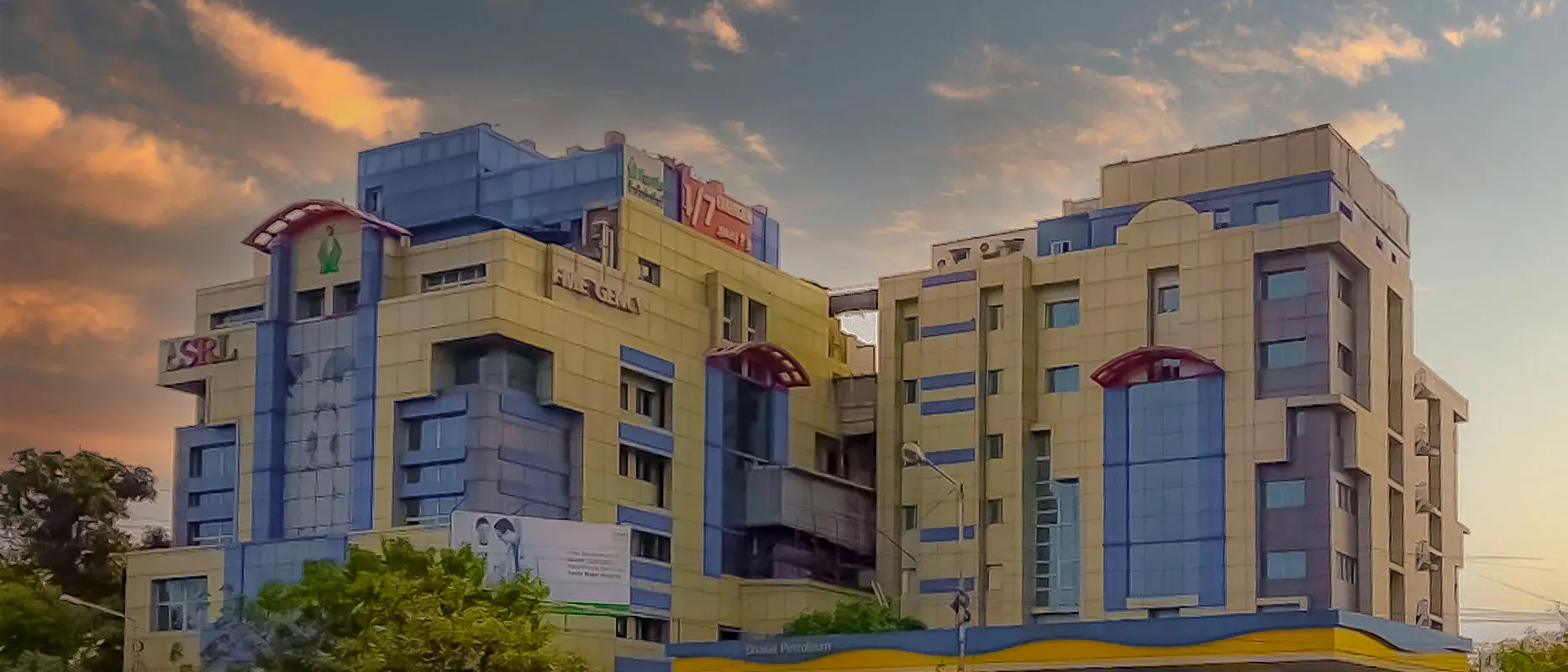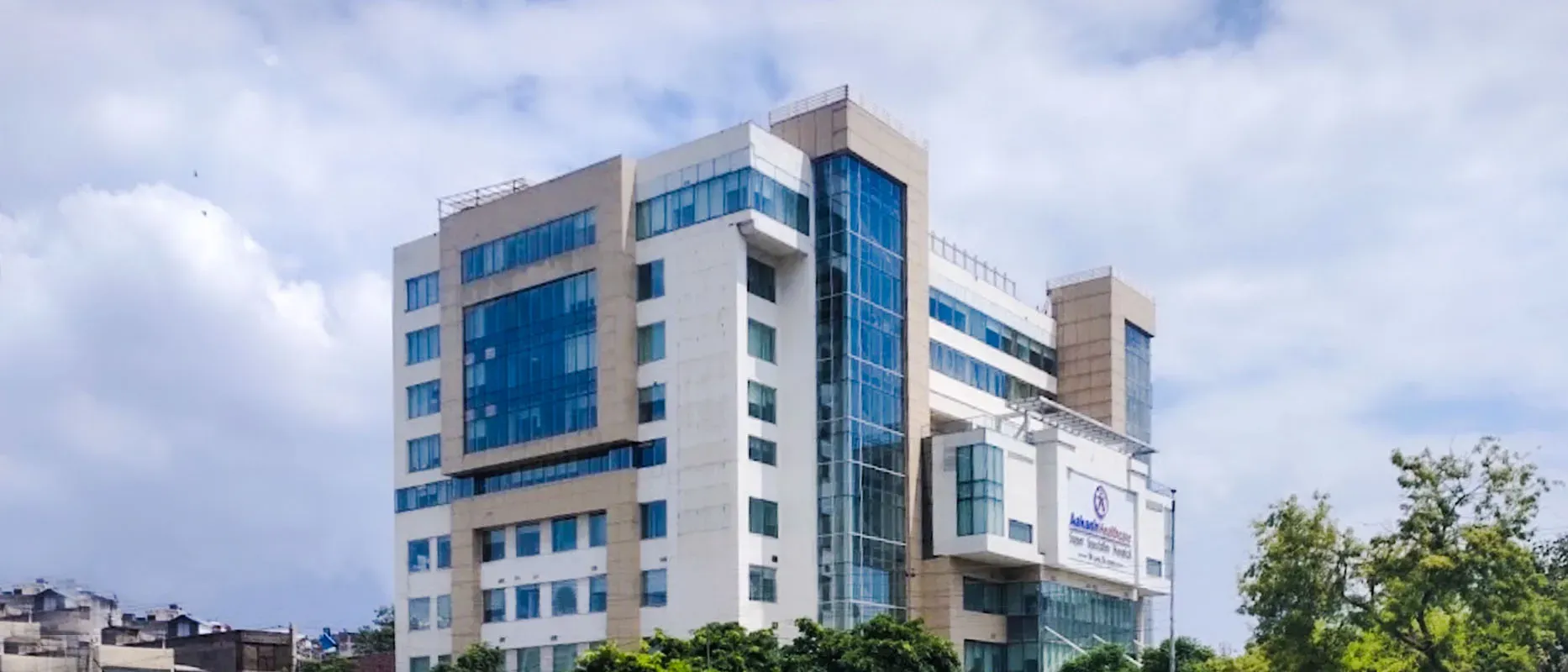Overview of Diabetes Surgery Treatment India
Diabetes surgery has been proven as an effective way to control type II diabetes. Learn more about diabetes surgery types, precautions, and risks associated with the procedure. Diabetes is a metabolic disease that occurs when blood sugar is too high. There are several treatments for diabetes, including a balanced diet, lifestyle changes, insulin therapy, and certain medicines. However, these days diabetes surgery has emerged as an efficient treatment to control diabetes.
Blood glucose is important for energy and we get it from the food we eat. Insulin, a hormone released by the pancreas, moves sugar from food into cells to be used for energy. If someone is suffering from diabetes, the body fails to produce enough insulin or cannot use the insulin effectively. Due to this, glucose stays in the blood and does not reach the cells. If left untreated or uncontrolled, it can cause serious health problems such as damage to kidneys, eyes, nerves, and other organs. There are different types of diabetes - type 1, type 2, gestational diabetes, and Prediabetes.
In type 1 diabetes, the body fails to produce enough insulin. It is an autoimmune disease in which the immune system attacks and destroys cells in the pancreas that make insulin. Generally, this type of diabetes is found in children and young adults. Patients need to take insulin every day. In type 2 diabetes, the body does not produce or use insulin due to which glucose builds up in the blood. It is the most common type of diabetes and can develop at any age. Gestational diabetes develops in women during pregnancy. The cause behind this type of diabetes is the production of insulin-blocking hormones produced by the placenta. This type of diabetes goes away after the baby is born. In prediabetes, blood sugar level is higher than normal but not high enough to be diagnosed as type 2 diabetes. It raises the risk for type 2 diabetes, stroke, and heart disease.
Types of Diabetes Surgery Treatment India
Diabetes Surgery Types
When the best treatments for diabetes fail to control glycemic it results in gradual damage of kidneys, blood vessels, heart, brain, and eyes. In such cases, doctors recommend surgery to tackle the disease. There are two types of surgeries - Laparoscopic Ileal Interposition and Laparoscopic Duodenojejunal Bypass with Sleeve Gastrectomy.
Procedure
Before Procedure
The first step involves consultation with the doctor to discuss the eligibility of the surgery. A detailed medical history, physical assessment, and physical assessment will be performed. Moreover, the other tests will also be performed and consult other doctors including diabetologists, nephrologists, endocrinologists, chest physicians and more. An upper GI endoscopy is performed before all the procedures. The patient will be on a high protein liquid diet for 5 to 7 days before the procedure. This will help to control fatty and enlarged livers (if any). The patient will be admitted to the hospital one evening before the scheduled surgery. Fasting for 6 to 8 hours is required prior to the surgery.
During Procedure
The surgery usually takes about 90 to 120 minutes and is done under general anesthesia. After the surgery, the patient will be encouraged to walk around the same day. The doctor will decide on any of the two procedures:
Laparoscopic Ileal Interposition:
It is an effective way to control type II diabetes with normal BMI and in overweight patients. In this procedure, the surgeon removes part of the distal small bowel (ileum) and connecting it to the beginning of the small bowel. This will reduce the size of the stomach. The surgery is performed in the lower part of the abdomen. There are several steps involved and each step involves a hormonal target:
01. BMI adjusted Sleeve Gastrectomy: In this step, sleeve gastrectomy is performed in the traditional way. In patients with normal weight, a loose sleeve is performed to minimize the restriction of food intake.
02. Ileal Interposition: In this procedure, a segment of 170 cm is created at the ileum and combined with the jejunum.
03. Hormonal therapy in Ileal Interposition: The sensitivity of insulin increases due to several hormones and insulin resistance hormones like GIP, glucagon, and more. The aim of hormonal therapy is to increase insulin sensitivity hormones and leave behind the resistance hormones.
Laparoscopic Duodenojejunal Bypass with Sleeve Gastrectomy
In this procedure, the size of the stomach is decreased as per the patients weight. In this procedure, the small intestine is connected with a bypassed section of the jejunum. It also involves hormonal mechanisms like ileal interposition. After the surgery, ghrelin levels decrease due to the removal of the fundus. This surgery leads to improvement in other health problems such as high blood pressure, gout, high cholesterol, joint diseases, sleep apnea, and more.
The candidates of laparoscopic duodenojejunal bypass surgery are:
01. It is considered as a treatment for Asian candidates with BMI≥ 35 Kg/m2 with or without any diseases.
02. It is considered for the treatment of metabolic syndrome or type II diabetes for acceptable Asian candidates with BMI ≥ 30 Kg/m2.
03. This surgery may be considered as an alternative to treat controlled type II diabetes for Asian candidates with BMI ≥ 27.5 Kg/m2.
The surgery has shown good results in obese diabetic and patients do not need any anti-diabetic medications. It is not recommended to patients suffering from acid reflux disease and hiatus hernia
Diagnosis of Diabetes Surgery Treatment India
Symptoms of Diabetes
The early symptoms can be mild and can go unnoticed, especially for type 2 diabetes. Some people find out about the problem when it causes long-term damage. However, the signs may include:
01. Peeing more often, often at night
02. Dry mouth
03. Lose weight without trying
04. Increased hunger
05. Blurred vision
06. Numbness or tingling in hands or feet
07. Fatigue
08. Dry or itchy skin
09. Sores that heal slowly
10. Increased infections than usual
Diagnosis of Diabetes
01. The following tests are recommended to diagnose diabetes:
02. Fasting plasma glucose test: In this test, blood glucose is measured after 8 hours of fasting.
03. Oral Glucose Tolerance Test (OGTT): It is used to measure blood sugar after 8 hours of fasting and 2 hours after drinking a glucose-containing beverage.
04. Random Plasma Glucose Test: In this test, the doctor measures blood sugar without checking when you ate your last meal.
05. A hemoglobin A1c (HbA1c) test is done without fasting to diagnose or confirm the disease.
Most of the time, doctors recommend fasting plasma glucose tests or the oral glucose tolerance test (on a different day) after positive test results are confirmed. Furthermore, the doctor may suggest zinc transporter 8 autoantibody tests to determine its type.
Symptoms and Risk factors
Diabetes Surgery Risks
It is a safe surgery. However, the medical team will discuss the complication rates of all procedures. It is advised to stop smoking at least 1 month after surgery to reduce any risk.
Diabetes Surgery Precautions
As a precautionary step, it is advised to follow up regularly and follow the guidelines suggested by the medical team. Additionally, it is important to undergo an upper GI endoscopy once every year post-surgery.
How it's Works
Guiding your Journey from Discovery to Treatment Planning and Beyond.
Discovery
Get a consultation to discover about your treatment
Pre-Treatment
Admission to the best hospital and all pre-treatment facilities
Post Treatment
Get post-treatment follow-up care with medicine fulfillment
Treatment Planning
Hassle-free treatment planning with package & cost estimations
in-treatment
world-class quality procedures and equipment for treatment


























